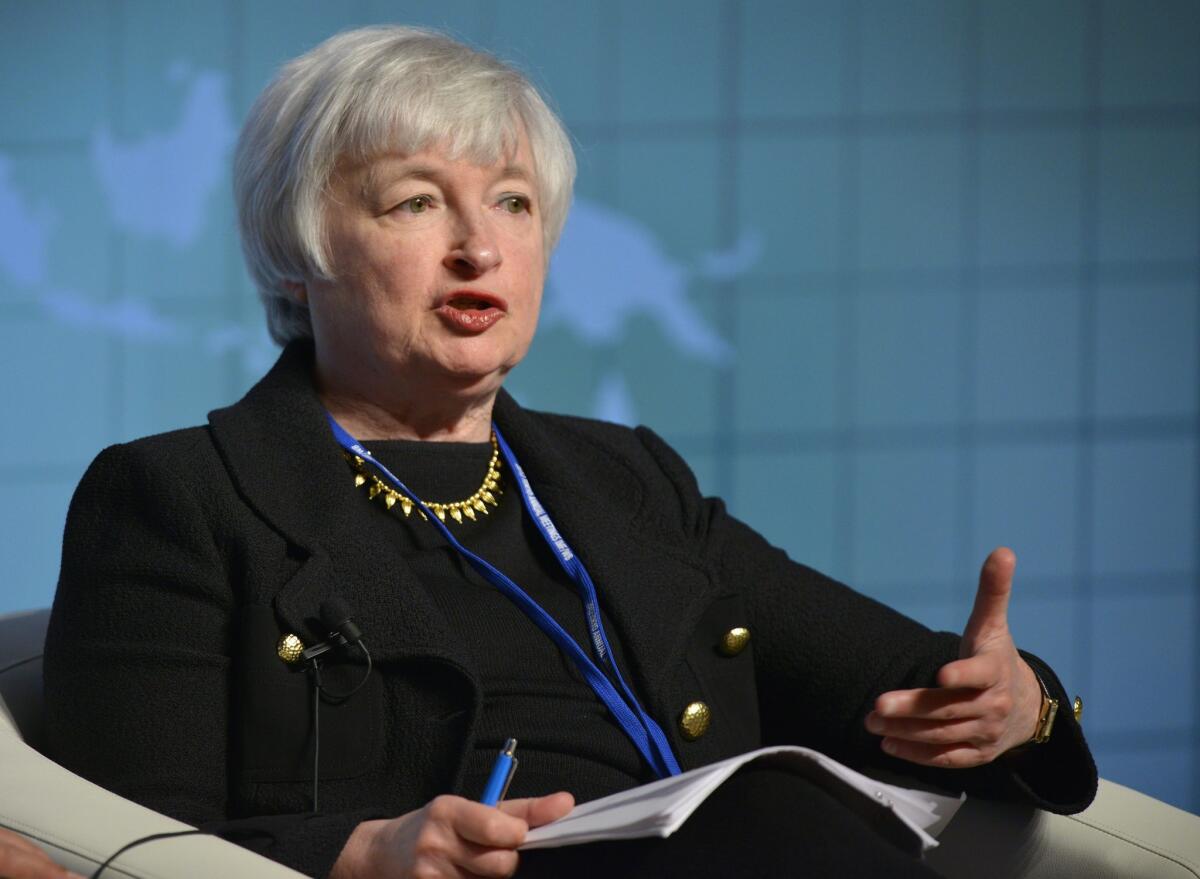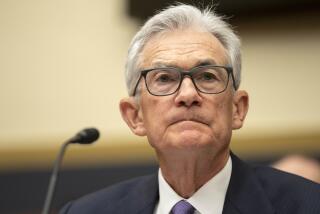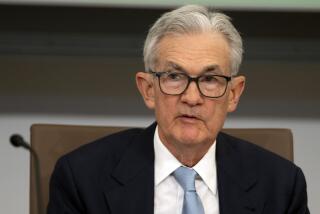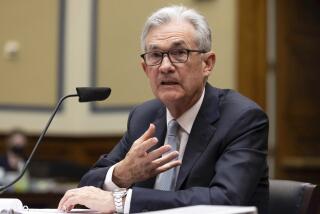Who will lead the Fed?

Federal Reserve Chairman Ben S. Bernanke has presided over what may be the Fed’s most aggressive intervention in the U.S. economy ever, acquiring trillions of dollars worth of securities in a multiyear effort to revive the sluggish economy. With Bernanke expected to leave the job by late January, a crucial question facing President Obama is whom to trust with the delicate task of easing the Fed’s foot off the monetary gas pedal without undermining the recovery.
On Sunday, one of the two putative front-runners to succeed Bernanke, former chief White House economist Lawrence Summers, withdrew his name from consideration. Summers had drawn stiff opposition from liberal Democrats, who worried he wouldn’t be tough enough on the major banks the Fed regulates. But Summers’ bigger weakness as a prospective chairman may have been his abrasive self-assurance, which oddly enough may also have been the best argument for giving him the job.
Bernanke deserves credit for opening up the notoriously secretive body and preserving a strong consensus there in favor of extraordinary efforts to stimulate the economy. In recent years, it’s seemed as if Bernanke’s Fed was the only institution in Washington doing anything to combat the stubbornly high unemployment rate. As early as this week, however, the Fed is expected to start moving cautiously in the other direction, suspending its bond buying program and preparing to sell some of the assets it has accumulated.
As hard as Bernanke’s job has been, whoever succeeds him faces a dicier task. It’s much easier to sell the idea of stimulating the economy than tapping the brakes, especially when millions of Americans are still unemployed or underemployed. Investors have rebelled at even the hint that the Fed would back away from its easy-money policies, fearing that a premature move would flatten the recovery. But failing to do so in time can lead to the sort of debilitating inflation the U.S. suffered in the 1970s, or a boom-and-bust bubble like the one we just experienced in housing.
That’s why the next chairman will need to be not just skilled enough to set the right pace for the Fed’s pullback but tough-minded enough to withstand the protests that will surely come from elected officials and Wall Street. And Summers certainly is smart and tough-minded. But economists see little difference between him and Fed Vice Chair Janet Yellen, the other early front-runner for the job, when it comes to monetary policy. Nor is there much indication that the two would advocate very different paths on bank regulation.
What distinguishes Yellen (and several other reported candidates) from Summers may be her ability to build support among top Fed officials for the path she wants to take. Although the Fed’s chair is its public face, the central bank is governed by a group. Financial markets respond poorly to signs of deep division on the Fed, and Summers’ abrasiveness could have made it harder for him to preserve a reasonably united front.
It won’t be easy for the Fed to maneuver back to where it was before Wall Street’s biggest institutions started failing in 2008. The many conflicting signals about the economy can leave the central bank in a fog. Whoever takes Bernanke’s place will need the skills to chart a long-term course with other leaders at the Fed, and then keep them on board when the going gets rough.
More to Read
A cure for the common opinion
Get thought-provoking perspectives with our weekly newsletter.
You may occasionally receive promotional content from the Los Angeles Times.






